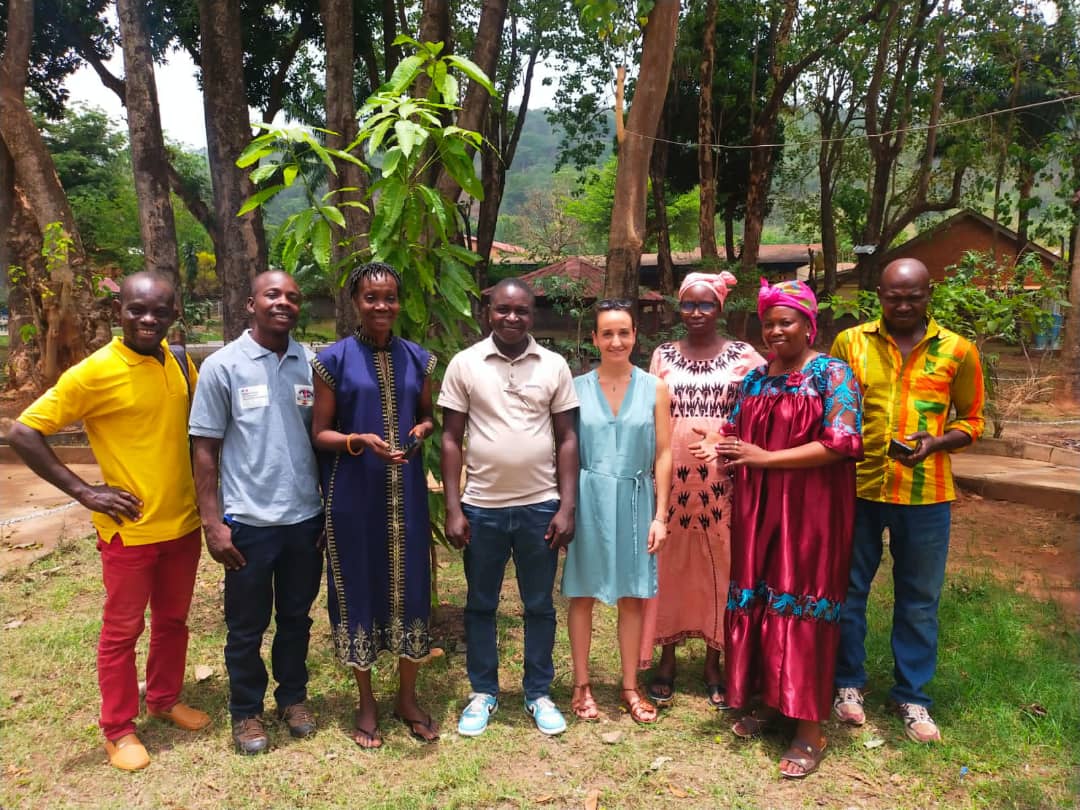11 Juil. 2024
CAR, a quality Artemisia sector

Recent News

“Merci de nous avoir contacté, nous revenons au plus vite vers vous.”
L’équipe artemisia